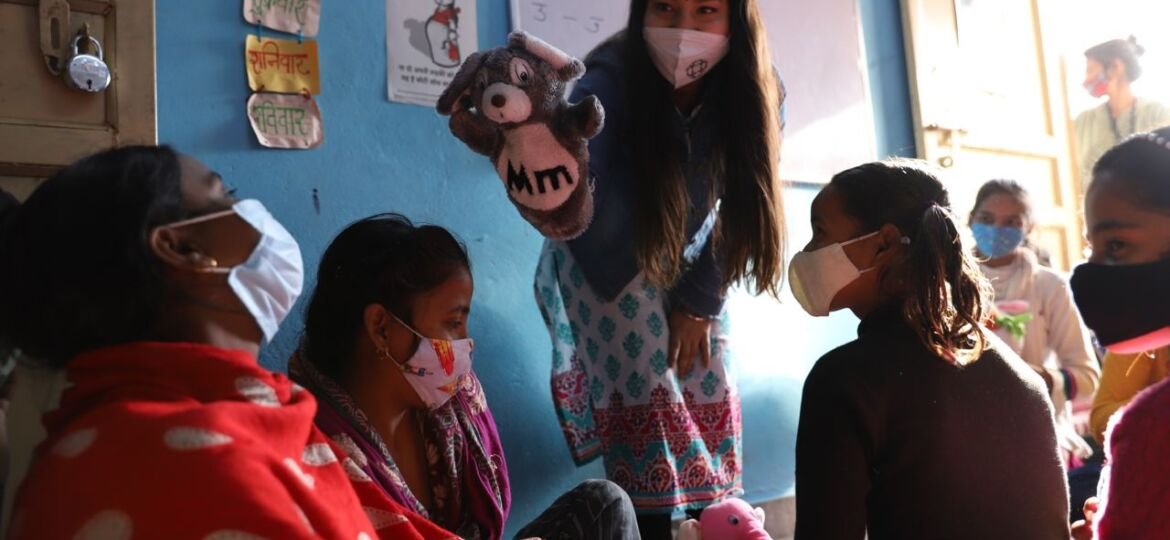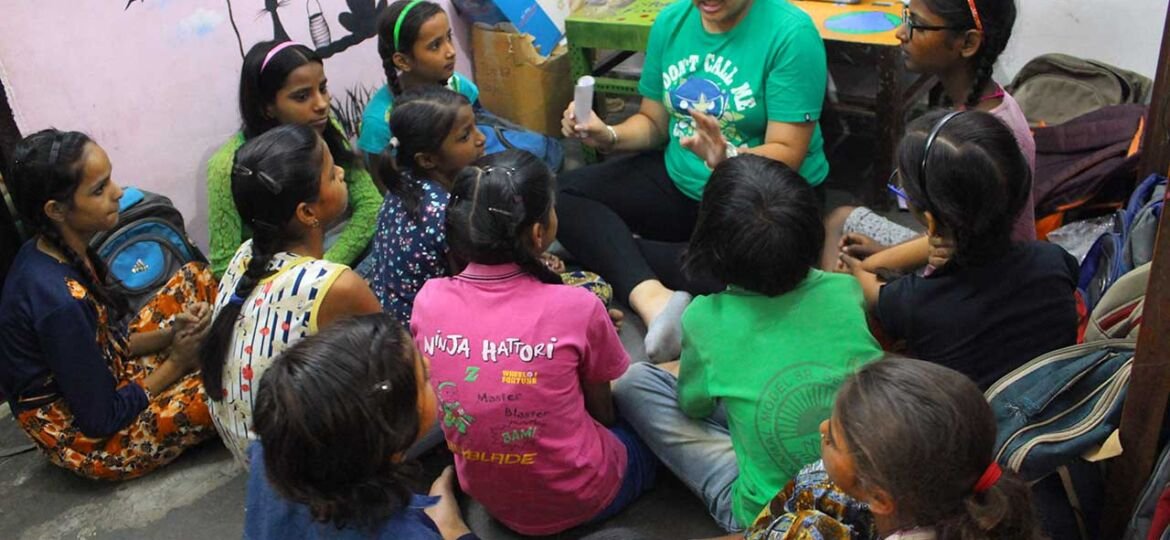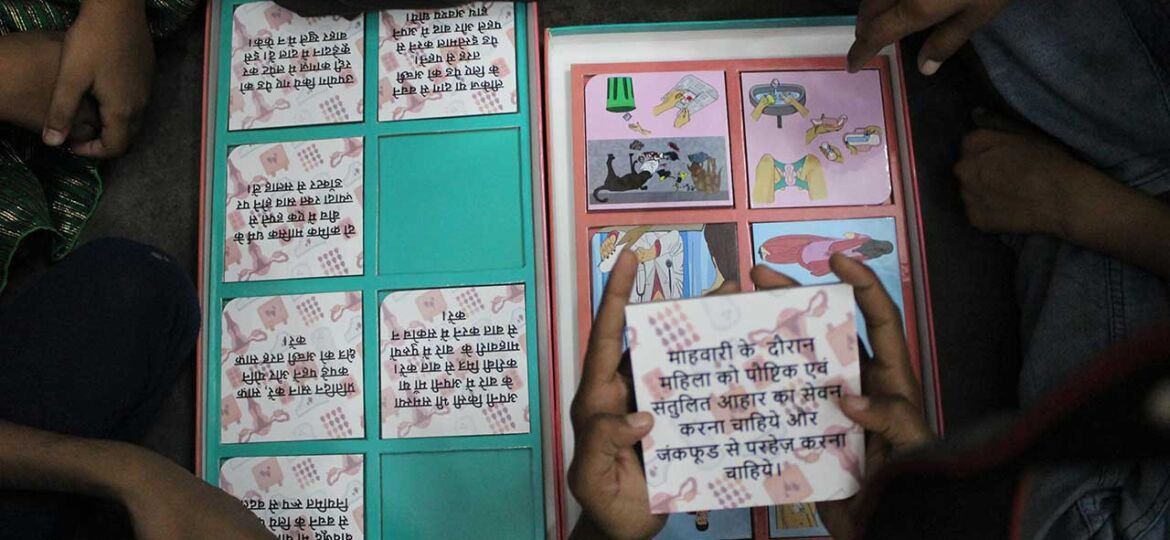As a grassroots organization working with communities on deep-rooted beliefs for the last 13 years, we believe in understanding SRHR from a localized, grassroots perspective for meaningful sustainable impact. By embracing local wisdom, we can develop culturally sensitive approaches that address unique challenges faced by communities.
Menstrual Hygiene
Though there are many communities in which menarche, i.e. the first time a girl menstruates, is marked as an occasion of celebration, the hypocrisy is that at the same time the girls are not allowed to enter the temples, or kitchens as they are considered ‘dirty’. I am 15-years-old and I already find it outrageous how several people are invited…
World Menstrual Hygiene Day – 28 May, 2019 28th May is celebrated as the World Menstrual Hygiene Day and the theme for 2019 being- ‘It’s Time for Action’. Network for Enterprise Enhancement and Development Support (NEEDS) introduced one of its kind innovation to take discussions around menstrual hygiene to the last miles and that is through visual art. This year…
A UNICEF study shows 1 in 3 girls in south Asia have no knowledge of menstruation before their first period, and 48% of girls in Iran think that menstruation is a disease! At Protsahan, we work closely with at-risk adolescent girls living in slum areas of Uttam Nagar in Delhi. Almost a decade back, when we began working within urban…
In the age of smart phones, internet, same sex marriages and globalization, menstruation is still a taboo is many parts of India and the world. Be it a village, city, town or an upscale posh community, this natural phenomenon is often discussed in hushed tones. ‘Don’t wear white!’ ‘Menstruation is a disease!’ ‘Are you crazy? You’re not supposed to tell…
Menstruation is one of the oldest and most far-reaching taboos. Especially in India and across South Asia, the reluctance to speak about periods is widespread, resulting in worryingly low education and awareness – particularly among the demographic of adolescent girls, of whom India has some 120 million. A recent study for Menstrual Hygiene Day reported that 1 out of 3 school girls across South Asia was not aware of periods before experiencing one for the first time, and only 2.5% of the same group knew that menstrual blood came from the uterus. If menstrual hygiene is not given importance, it will raise the risk of reproductive infections and affect the health of millions of girls who are unaware of the stark consequences.







